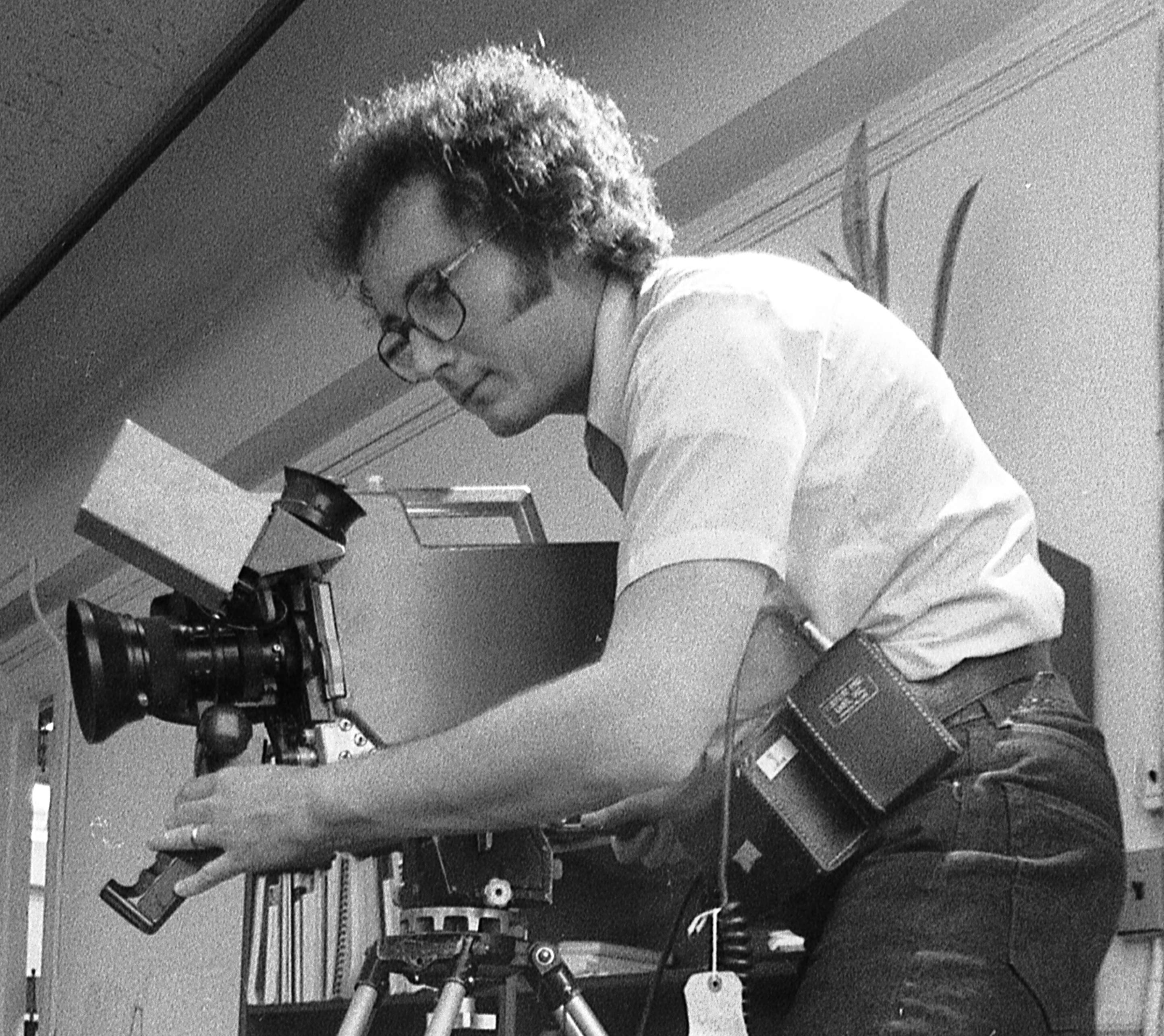McAdams On: Wireless TV
It seems odd that wireless is the holy grail of all transmitted media except TV: Wireless broadband, wireless networks, wireless phones--as in, the demise of land lines. Television alone has migrated the other way. Very few domiciles lack a snake of coaxial cable, and because of that, many folks argue that wireless TV is no longer necessary.
It may not be, if only in the sense that TV’s not exactly “necessary” the way water and food are “necessary.” But relegating TV to wires so cell phone companies can charge people subscriptions for the public airwaves seems backward.
A massive, nationwide infrastructure already exists for wireless television. That infrastructure was completely retooled in the last few years at the behest of the federal government. It’s now been live for 140 days.
It’s the only television transmission system whereby high-definition programming isn’t crushed into foggy blur. It’s a shame broadcasters didn’t shout that fact from every one of their transmitters, but that train done left the station. It’s onward, into a future where bureaucrats and lobbyists are busy rolling up the tracks.
The medium is under siege, there’s no doubt. Yet another “study” was rolled out this week asserting the spectrum is worth more for broadband than broadcasting. It doesn’t say to whom, however. The government coffers argument is a joke. Whatever money the government might make from it at auction has already been spent 192 times.
The projected economic benefits assume ubiquity, and ubiquity requires infrastructure. There are millions of Claudville, Va.’s across the country skipped over by broadband providers now. That’s not going to change under a nationwide plan. Those communities will have to develop their own strategies, as Claudville did--one in which local broadcasters participate at some level.
There’s also that $62 billion that wireless providers supposedly would pay for the broadcast spectrum licenses. All cap ex ends up coming out of customers’ pockets. That’s just business. That’s just $201 for every man, woman and child in the country. Toss in construction costs, marketing, lobbying, bonuses and incidentals, and you probably have $1,000 per person.
Phone bills will skyrocket. That’ll be fun.
There’s also scads of WiFi pockets around the country already generating millions for carriers. It’s unlikely that those will be jeopardized.
Nationwide wireless broadband is a good idea, but not dictated by the Pharaohic school of management, “so let it be written, so let it be done.” The very fact that communities like Claudville, Va., had no Internet provider into 2009 suggests nationwide access is more than a matter of spectrum. It’s economics. No service provider in business is there to make things cheaper for their customers. I am typically reminded here that long-distance calling is cheaper than it once was, but I pay the phone company five times what I did when long-distance calling cost so much per minute. My phone use is precisely the same.
This assault against broadcast television is just gathering momentum. There’s little being said about the competitive element it provides for cable TV, and what will happen to cable bills once it’s gone.
There’s a mantra in much of Washington, D.C. that no one would notice if broadcast TV went away. Meanwhile, nearly 35 million coupons were redeemed across the country for over-the-air digital TV receivers. Chances are, someone might notice if wireless TV goes away.
The professional video industry's #1 source for news, trends and product and tech information. Sign up below.
